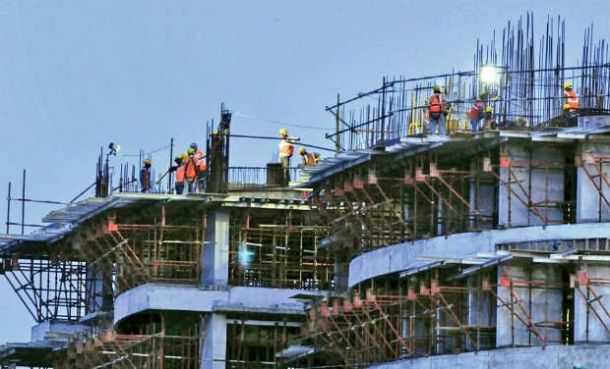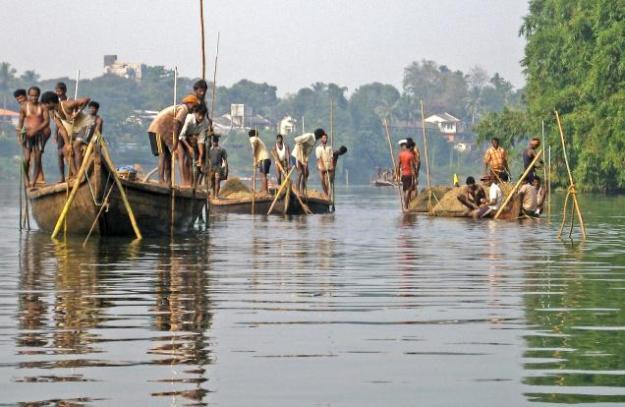KOCHI: Despite acute shortage, import of sand through Cochin port has not yet picked up. Nearly 1,10,000 tonnes of construction sand imported from Cambodia remains unsold at the Port for nearly two months.
Lack of buyers at the price the importers are demanding is said to be a reason for the delay in sale of the sand. The importers (Chennai-based Titanics India) allege that the local sand traders are trying to block the sale of the imported sand. The company officials, however, declined to divulge the price at which they are offering the sand.
“We are ready to offer sand at competitive rates, but we are not clear why the sale is not happening despite the huge demand in Kerala. May be some local sand mafia is scuttling the trade inquiries,” captain Senthilkumar of Titanics India said from Chennai over phone.
But the trade sources said the imported sand was being offered at Rs 100 per cubic feet whereas the market rate is around Rs 90 per cubic feet.
The port has now issued a ‘formal notice’ to remove the sand from the port berth at the earliest, as it was occupying space for other cargo operations. “If they fail to remove the sand within a stipulated time, then port may have to auction it as a last resort,” said Unnikrishnan Nair, traffic manager of the Cochin Port Trust.
He said the port has also received a notice from the shippers that they have a claim over the sand as their freight charges have not been paid fully by the importers.
Earlier, another firm based in Coimbatore had to retain the sand imported by them last year for months together after the customs demanded plant quarantine certificate. “Some quantity of that sand is still remaining at the Cochin Port, and we hope to clear it by October end,” said M Raja, managing director of the Raja Steel Private Limited, Coimbatore which has imported the sand then. He clarified that he was not planning any more import of sand now through Cochin port as “we are not getting proper buyers.”
In the latest case, Titanics India officials claim they have all the clearances from the customs. The customs officials also conceded that as per a high court order plant quarantine certificate was not needed for import of sand. “We have not been able to get stay against the high court order from the Supreme Court. So as of now the high court order stands,” said the customs commissioner K N Raghavan.
Kerala consumes six million tonnes cement now, and this is expected to grow to 20 million tonnes in 2020, as per construction industry estimates. Sand requirement is pegged at three times cement consumed, which means the state will require 60 million tonnes sand by then.
The port officials were planning to set up dedicated berth and storage facilities for sand import considering the demand for sand in Kerala especially in Kochi. But the plans are being put on hold in the backdrop of the poor response from the buyers.







